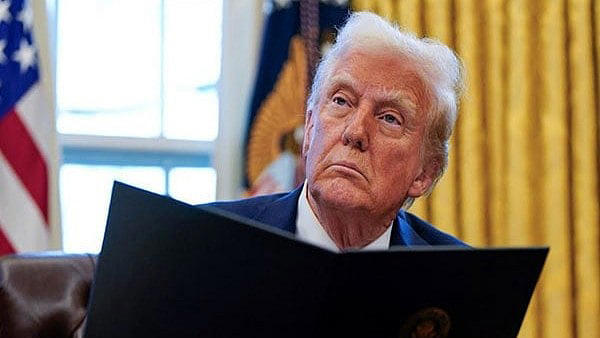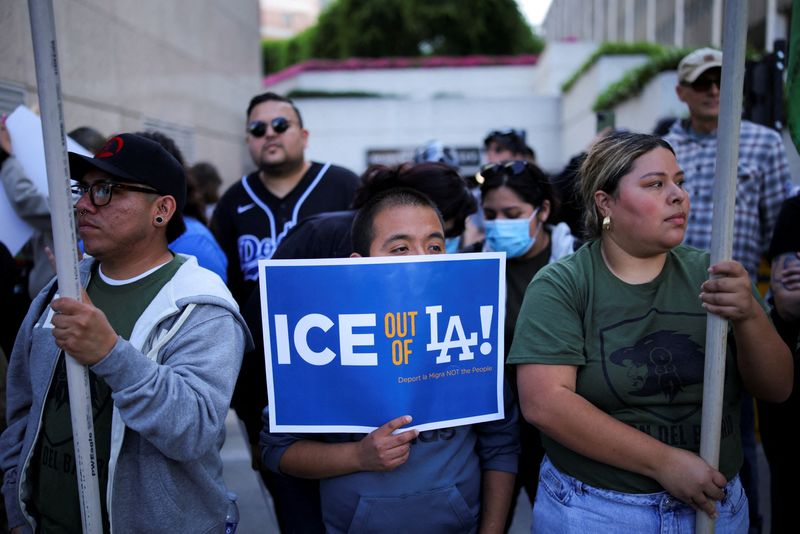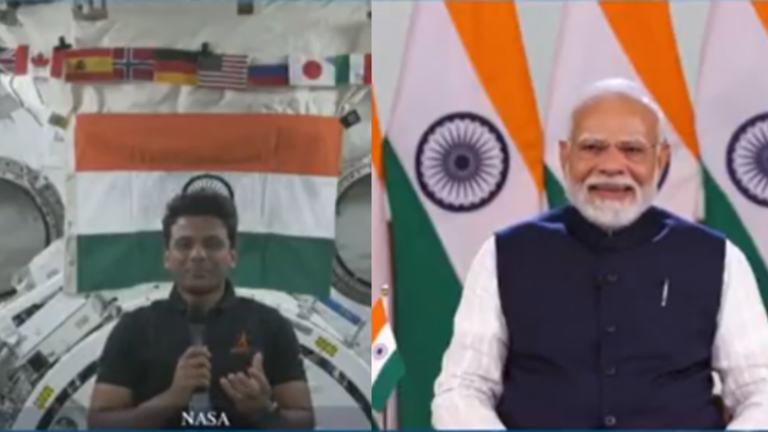Trump Backs STEM Talent Stay-Back Policy, Eyes Innovation & 2024 Vote
In a significant policy reversal, former U.S. President Donald Trump has changed his stance on the issue of Indian and Chinese students staying back in the U.S. after completing their education. Once known for his strong opposition to international students remaining in America due to concerns about job competition and national security, Trump now appears to recognize their vital role in sustaining America’s innovation-driven economy. The shift is a nod to the growing awareness in Washington that retaining foreign talent—especially in STEM (Science, Technology, Engineering, Mathematics) fields—is essential to maintaining the U.S.’s global technological edge.
Trump’s Reversal Reflects Economic Realities and STEM Dependency
Trump’s earlier immigration policy focused on restricting stay-back options for international students, particularly from India and China, citing the need to protect American jobs and intellectual property. However, the narrative has now changed. In his revised remarks, Trump emphasized the positive impact of these students on the U.S. economy.
Indian and Chinese students together make up nearly 50% of the total foreign student population in the U.S., and their tuition fees, living expenses, and local spending significantly bolster the economy. More importantly, these students are deeply embedded in critical industries — from artificial intelligence and software engineering to biotech and space research.
According to Trump, “These are bright minds. Why should we let them graduate and then send them back to compete against us?” This statement reflects a strategic pivot — one that aligns with growing bipartisan concerns over brain drain and the global competition for skilled workers.
Strategic Shift: From Immigration Crackdown to Talent Retention Diplomacy
This policy reversal may have deeper strategic implications. With China accelerating its domestic innovation and India emerging as a key U.S. ally in the Indo-Pacific, retaining top talent from both nations serves American geopolitical and economic interests.
By supporting extended stay and possible green card pathways for foreign STEM graduates, Trump is signaling a more pragmatic, pro-growth immigration policy. Analysts believe this move could also influence future visa reforms, particularly the H-1B and OPT (Optional Practical Training) programs.
Additionally, Trump’s softened tone could appeal to both business leaders and Indian-American voters — a critical demographic ahead of the 2024 elections. It also allows the U.S. to position itself as a global talent magnet, especially at a time when Canada, Australia, and the U.K. are aggressively courting international students.
In summary, this shift is not just about education — it’s about global talent diplomacy, economic foresight, and reclaiming America’s position as the most attractive destination for future innovators.





















